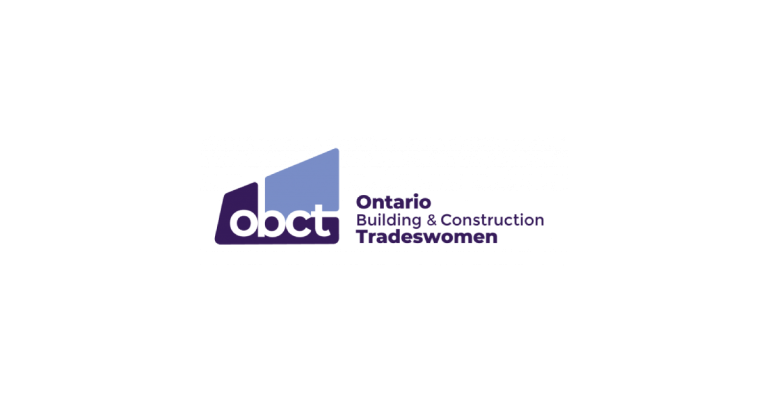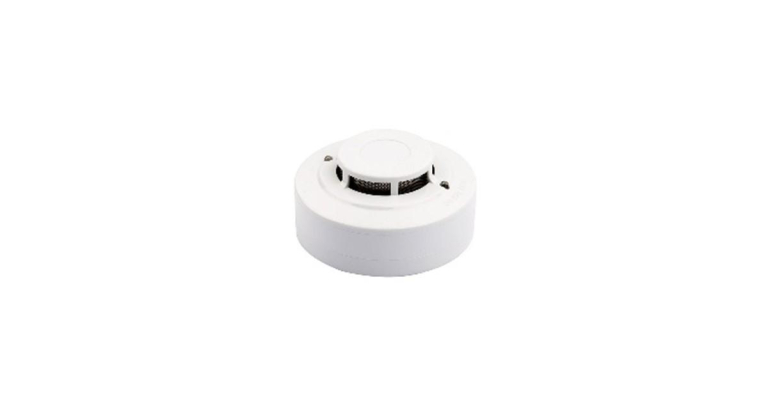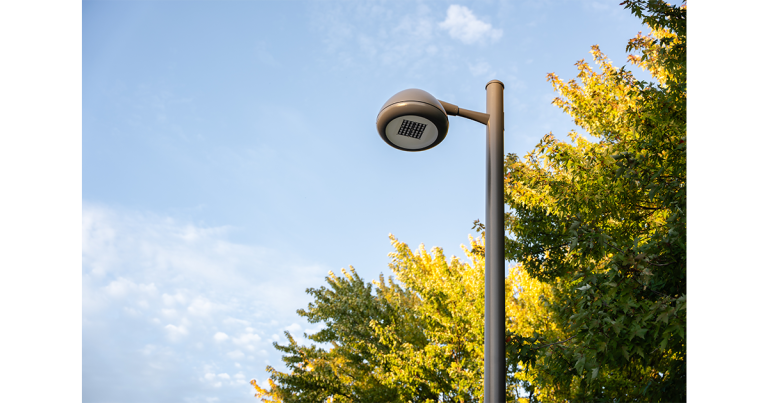IoT Challenges and Opportunities for Electrical Contractors, Part 1

Apr 22, 2019
Electrical contractors are approaching a tipping point in terms of pursuing roles and opportunities in the growing market of smart buildings, says a new report from Electri International. But alongside these opportunities are some non-traditional business challenges.
The report, Smart Buildings And Internet of Things (IoT) Impact on Electrical Contracting, defines smart buildings as having “integrated and optimized systems, services, and facility management that dynamically create a productive, cost-effective, and healthy environment for the occupants.”
The report notes that, through experience with low-voltage and building automation systems, electrical contractors (ECs) have developed skills that have enabled them to become trusted installers for such low voltage equipment as
• video surveillance, data communications, and access control
• control systems for HVAC and life safety systems
• renewable energy systems
Some ECs already have in-house certified network designers and engineers to provide design-assist to owners during the project development and engineering phases. However, says the report, ECs need to be more open to the possibility of playing the master systems integrator to grow further in the smart building market. There are already a few cases of electrical contractors who have transformed themselves into master system integrators primarily to oversee the design and engineering of the different control systems.
These skills will be useful to expand into the smart building market. Nevertheless, challenges remain. These include:
• building owners’ struggle to specify their smart building requirements
• the absence of financial incentives beyond energy upgrades
• cultural and priority disconnects between informational and operational technology groups
• increasing cyber security that comes with connecting building automation systems to the IT network
• blurred liability lines between hardware and software installations
• a critical requirement for continuous testing of smart building systems
• providing reliable and efficient power supply to the large IoT devices
• increased cellular data mobility requirements within the buildings
A bit of background
The report was prepared by Hisham Said, Associate Professor of Construction Engineering and Management in the Department of Civil Engineering at Santa Clara University in California. In conducting his research for this report, Said used an extensive data collection process, including interviews, an online questionnaire, case studies, and technology taxonomy modelling. This data and analysis served as the basis for developing a comprehensive IoT roadmap for electrical contractors.
This strategic roadmap is intended to provide electrical contractors, the National Electrical Contractors Association (NECA) and IBEW with short- and long-term strategies to prepare well for the future IoT-based smart building market. The roadmap connects industry challenges and technological opportunities to 23 strategies over three main paths: technology development, business transformation, and workforce development.
What’s contributed to the growth of IoT
According to the report, IoT was made possible by the convergence of four main technological advancements:
• the increasing processing power of embedded platforms that replaced the microcontrollers and allowed running algorithms on the devices and sensors
• the development of reliable and light operating systems for the embedded platforms, supported by large ecosystems of developers and applications
• the development of standard wireless communication protocols with low-power requirements, like ZigBee and Z-wave
• the growth of viable commercial cloud computing platforms that provide data warehousing, artificial intelligence tools, and security measures.
As the technology continues to advance, these smart facilities will become even more complex and challenging projects for ECs to construct. At the same time, they offer ECs more opportunity to deliver new, value-added, higher margin services to customers and develop closer relationships with their customers than in a typical “install and go” scenario. These additional services are in higher demand, owing to cost saving, energy efficiency and monitoring/maintenance demands.
Find out more about these value-added, higher margin services in an upcoming issue of EIN. In the interim, Electri International’s 104-page report can be downloaded here.
Photo source: Gerd Altmann on Pixabay

















